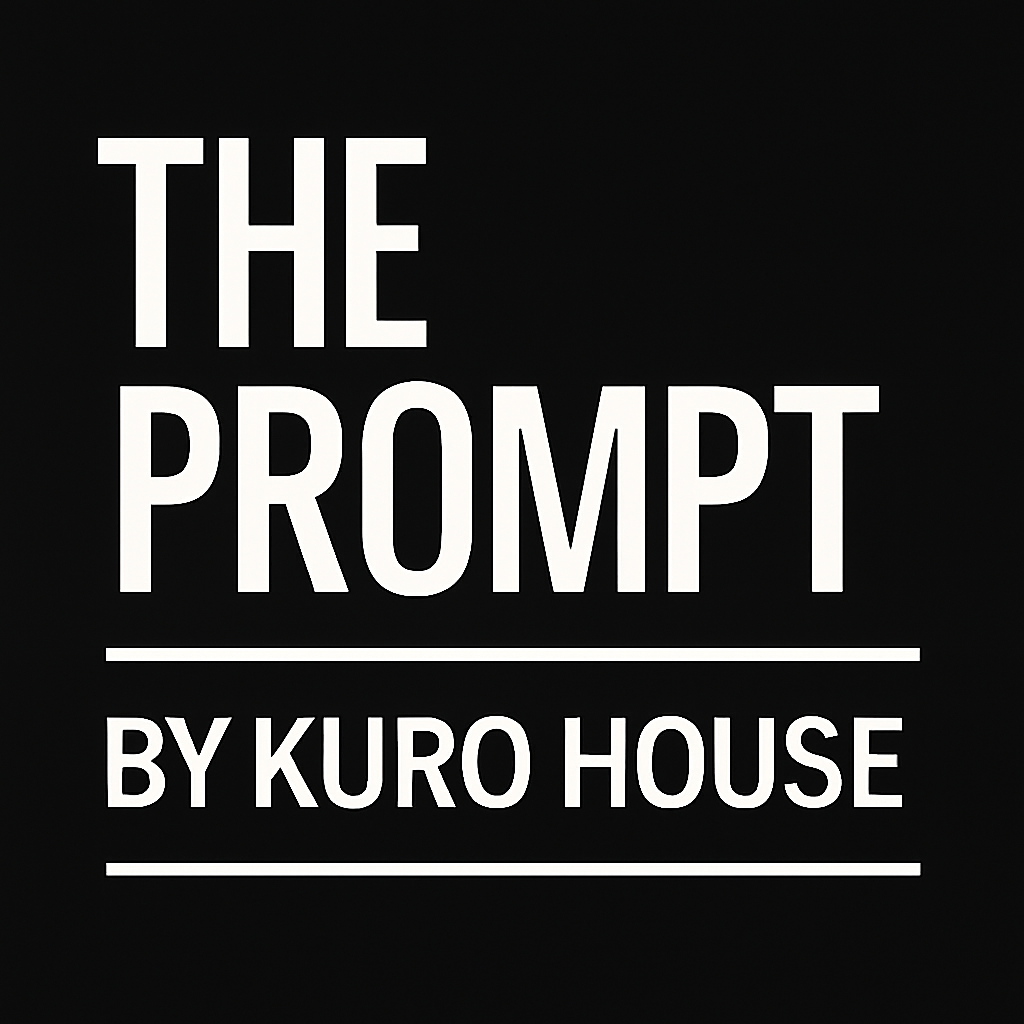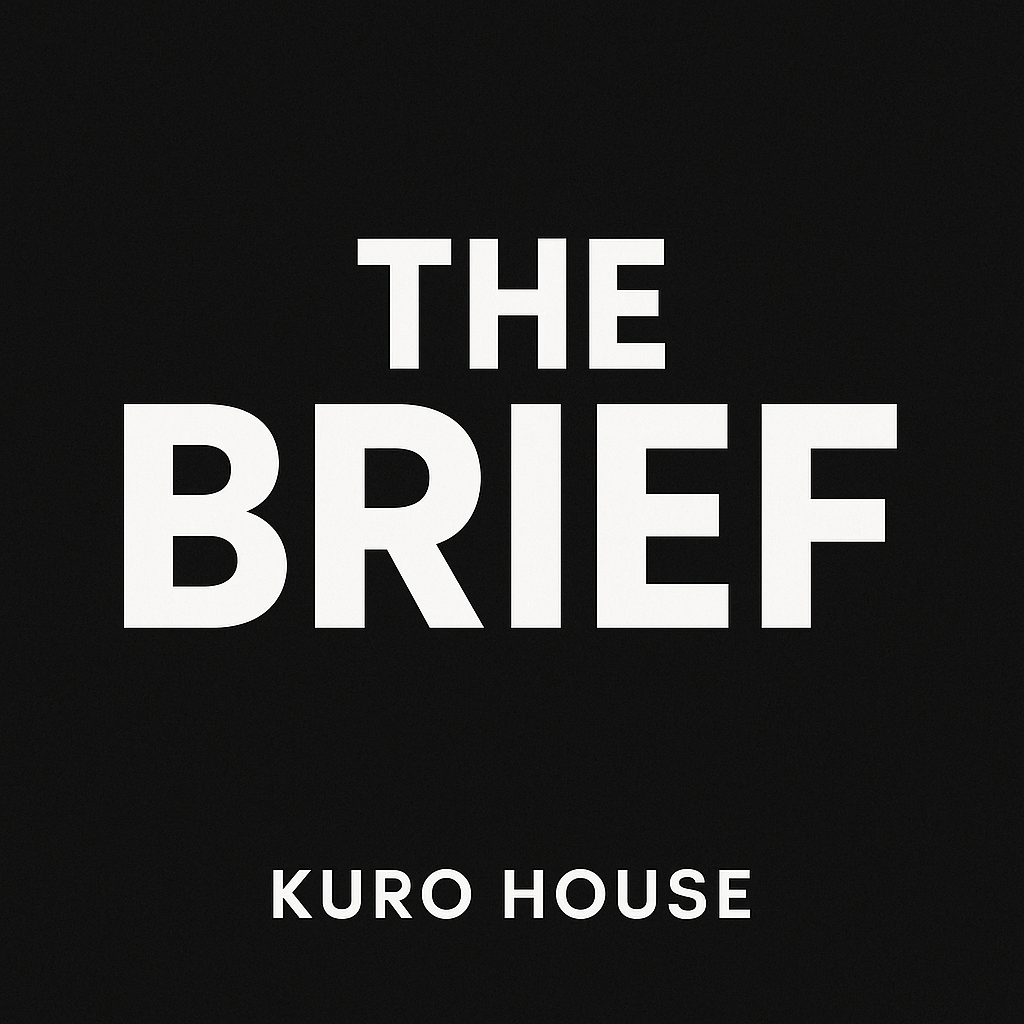Listen To The Show
Transcript
Welcome to The Prompt by Kuro House, your daily AI update. Today, we’re diving into some big moves in AI infrastructure, quantum computing, and the politics shaping the future of this technology. So, let’s get right into it.
OpenAI is making a massive bet on American AI infrastructure with five new data centers under its Stargate initiative. According to Wired, these new centers, built with Oracle and SoftBank, will bring capacity to nearly 7 gigawatts — about the power of seven nuclear reactors. This expansion includes sites in Texas, New Mexico, Ohio, and the Midwest, creating over 25,000 onsite jobs during construction. OpenAI’s CEO Sam Altman emphasized the need for the US to lead in AI infrastructure, highlighting Texas as a model for scaling faster and cheaper. With Nvidia also investing $100 billion to deploy 10 gigawatts of data center capacity, the scale of these projects is staggering and signals a high-stakes race for AI dominance.
Shifting gears to the future of computing, venture capitalist Alexa von Tobel argues quantum computing could be an even bigger unlock than artificial general intelligence. In a Wired interview, she explains her firm Inspired Capital is investing heavily in quantum hardware, backing a startup called Logiqal that’s pioneering neutral atom quantum computers. Von Tobel compares quantum’s current stage to AI back in 2015 — heavy research with emerging practical applications. She believes quantum could revolutionize material science, pharmaceuticals, and even space exploration by enabling computational power far beyond today’s capabilities. Her bet is risky but could pay off exponentially if quantum computing delivers on its promise.
Google is experimenting with AI in design through its new Mixboard tool, now in public beta in the US. The Verge reports Mixboard uses Google’s Gemini 2.5 Flash model to help users create Pinterest-like moodboards by generating images from text prompts or uploaded photos. It’s a flexible canvas for exploring ideas like home decor or event planning, with easy editing and one-click options to regenerate or combine visuals. While not unique in concept, Google’s move shows a growing focus on AI-powered creative tools that blend natural language and visual design. Mixboard joins a wave of AI apps aiming to simplify and speed up creative workflows for professionals and casual users alike.
From design to education, former Spotify execs have launched Oboe, an AI-powered learning platform for the curiously minded. The Verge covers how Oboe uses AI to generate personalized courses on any topic, aiming to democratize access to quality learning experiences. Unlike chatbots, Oboe delivers structured content like essays, FAQs, and even AI-generated podcasts to deepen understanding. However, it currently lacks citations and source links, so users must verify accuracy themselves — a challenge common to many AI education tools today. Oboe plans to improve with user feedback, positioning itself as a tutor that learns how you learn over time.
On the regulatory front, Meta has launched a super PAC to fight AI regulations at the state level amid a surge of proposed laws. Axios reports the American Technology Excellence Project will spend tens of millions to back tech-friendly candidates and push for policies that promote AI progress. This move comes as over 1,000 AI-related bills were introduced across all 50 states in 2025, with California passing bills focused on protecting minors and transparency. Meta’s PAC aims to prevent a patchwork of state laws that could slow innovation, emphasizing parental control and child safety in AI applications. The battle over AI regulation is heating up as Silicon Valley seeks to maintain leadership in this rapidly evolving space.
That’s a wrap for today’s top AI stories. From sprawling new data centers and quantum bets to creative tools, education platforms, and political fights, AI continues to reshape our world on many fronts. Thanks for tuning in to The Prompt by Kuro House. We’ll catch you tomorrow with more updates.

